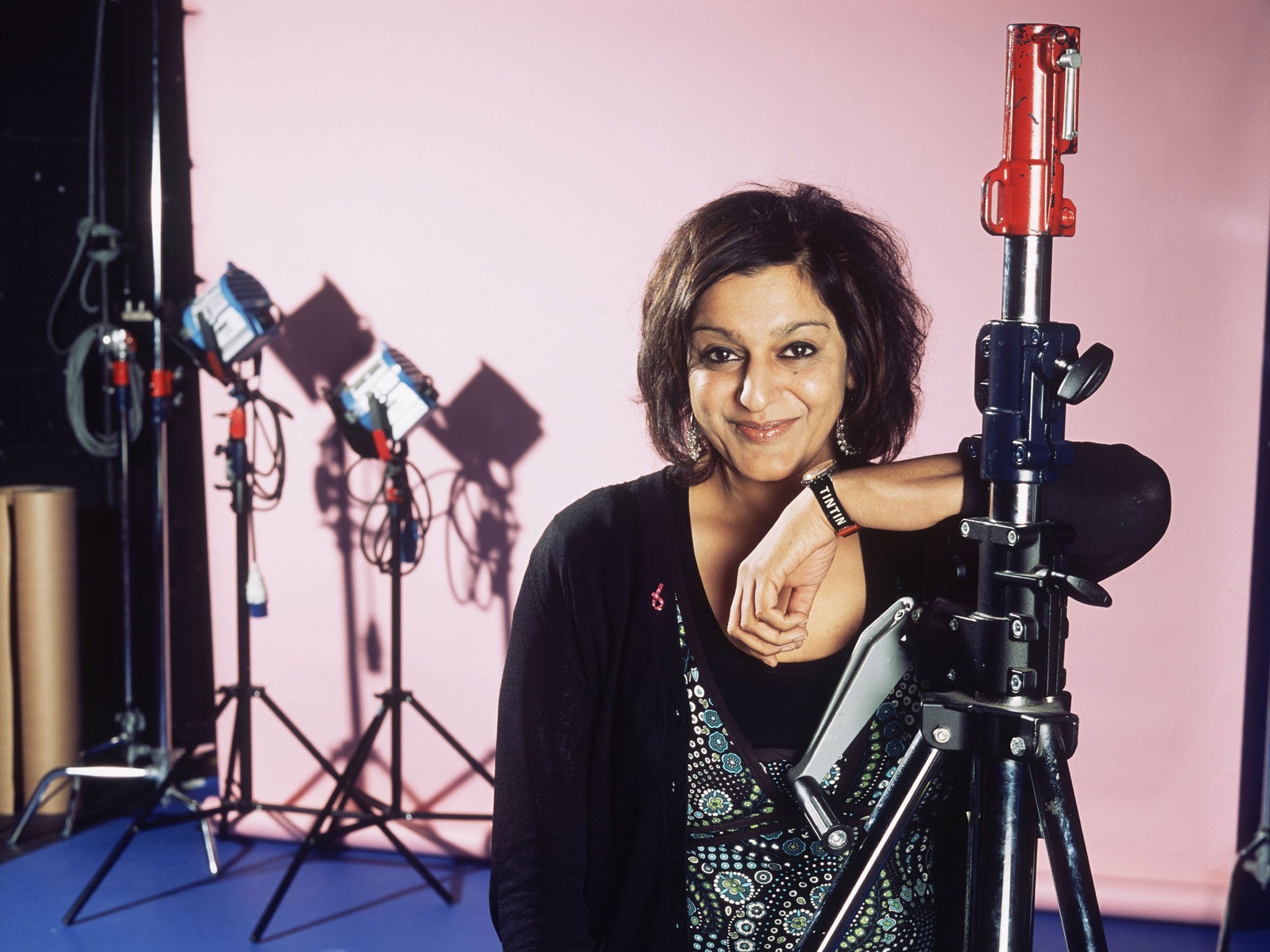Meera Syal: Theatres should chase the 'brown pound'
Asian audiences spend 'an awful lot' on culture

Your support helps us to tell the story
From reproductive rights to climate change to Big Tech, The Independent is on the ground when the story is developing. Whether it's investigating the financials of Elon Musk's pro-Trump PAC or producing our latest documentary, 'The A Word', which shines a light on the American women fighting for reproductive rights, we know how important it is to parse out the facts from the messaging.
At such a critical moment in US history, we need reporters on the ground. Your donation allows us to keep sending journalists to speak to both sides of the story.
The Independent is trusted by Americans across the entire political spectrum. And unlike many other quality news outlets, we choose not to lock Americans out of our reporting and analysis with paywalls. We believe quality journalism should be available to everyone, paid for by those who can afford it.
Your support makes all the difference.Meera Syal believes theatres are “missing a trick” by not staging more plays targeted at Indian audiences, saying they should target the “brown pound”.
Syal, who rose to prominence as part of the team behind Goodness Gracious Me, pointed to a new generation of Asian audiences “who spend an awful lot on entertainment and culture”. She is currently starring in Behind the Beautiful Forevers, about a slum in Mumbai, at the National Theatre.
They would “not only see Asian plays” she told The Stage, “but obviously they are extra-supportive and extra-excited when they see stories that reflect their experiences or a diverse cast of people that they might know.”
Acclaimed playwright Tanika Gupta agreed: “Mainstream theatres should have more plays that appeal to British-Asian audiences.
“It’s not just about the brown pound, it’s mixed culture, the modern pound,” she said. “However, if you put on a British Asian writer about a British Asian subject then they will all come. The mainstream theatres need to get their act together.”
Smaller theatre companies including Rifco Arts, which works out of the Watford Palace Theatre, “have huge audiences” for plays such as Britain’s Got Bhangra.
“They cater towards populist theatre and musicals, one of which is touring round the world,” Ms Gupta said. “My point is that sort of thing should be on at the National.”
Other companies set up to promote Asian theatre-making include the Kali Theatre, Tara Arts and Tamasha, which seeks to “drive the crossover of Asian culture into the British mainstream” and co-commissioned East is East.
Madani Younis, artistic director of the Bush Theatre in London, said: “Of course there are more opportunities to speak to the diversity of the city.
“We are seeing children of immigrant parents who engage with culture at all levels and there’s an opportunity over how those men and women get involved with theatre. There is also a question of how those voices are presented on our stages,” she added.
Mr Younis said that if the theatre does not asked questions about the changing nature of the UK, “these buildings will become the privileged enclave of a chosen few”. At the Bush last year half the productions were by black and minority ethnic playwrights. “As a result we saw 60 per cent new audiences coming to the Bush for the first time.”
Join our commenting forum
Join thought-provoking conversations, follow other Independent readers and see their replies
Comments